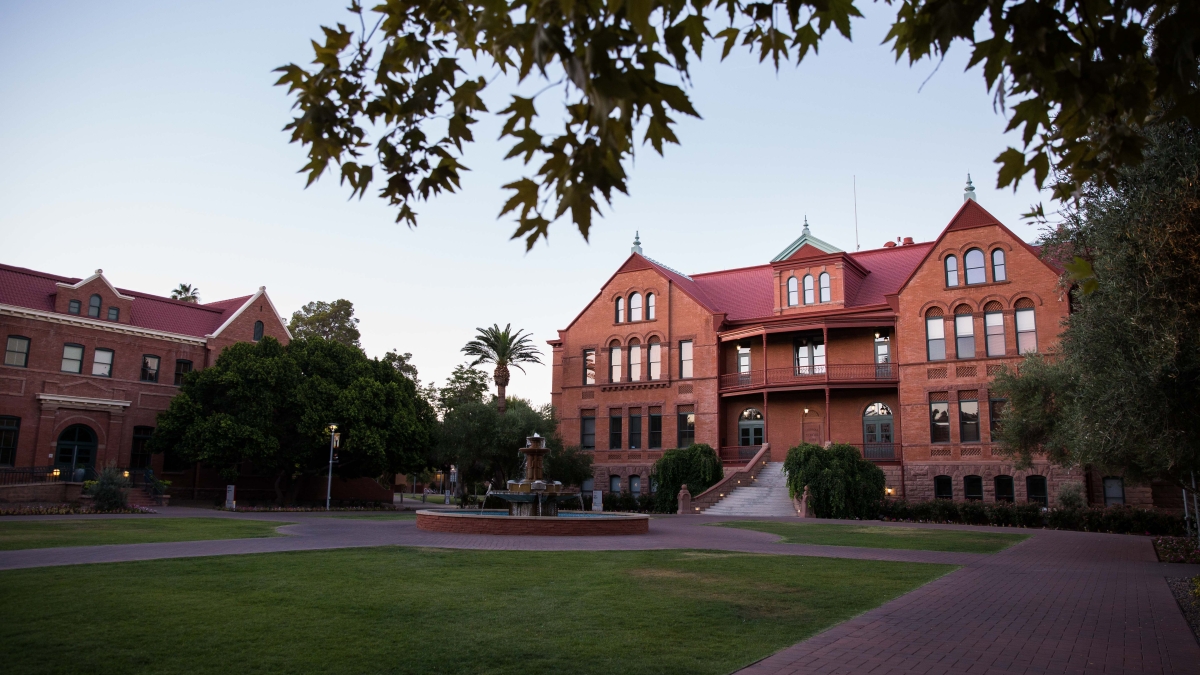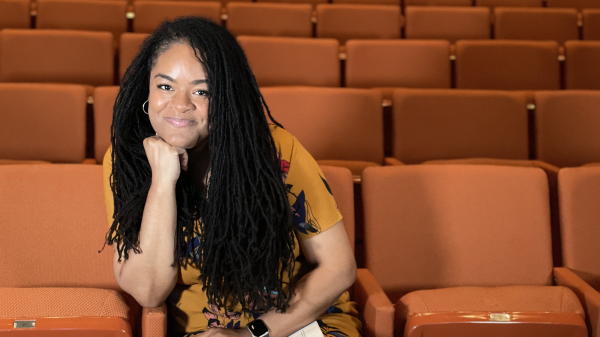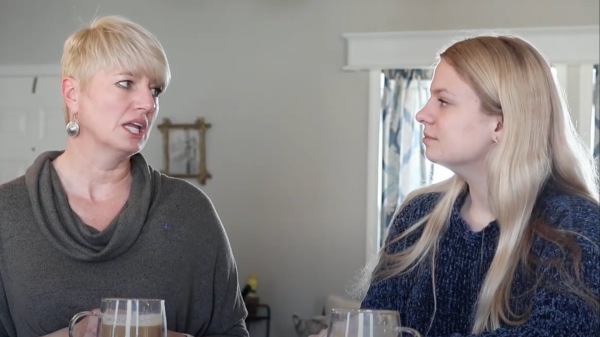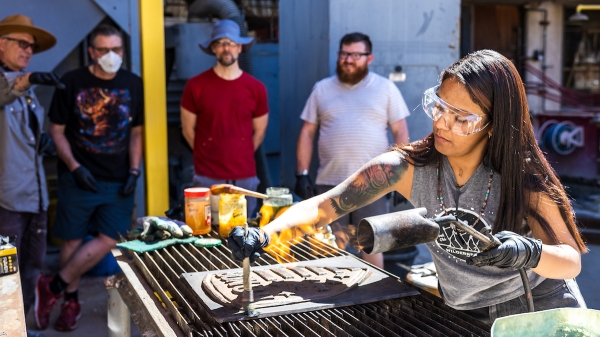Commitment to humanities, social sciences lands ASU in research consortium

Arizona State University has become the 37th school to join the American Council of Learned Societies (ACLS) Research Consortium. The academic leadership group focuses on the fields of humanities and social sciences and is one of the most respected research groups in the country.
As a member of the consortium, ASU will work with the ACLS to increase monetary assistance in social sciences and the humanities. The group also aims to increase the number of merit-based, competitive and peer-reviewed ACLS Fellowships in those fields.
"Right now, ACLS is the single-largest funder of research fellowships for humanities faculty in the country," said Jim O'Donnell, university librarian at ASU Library and chair of the ACLS Board of Directors. "They pulled together this consortium of leading research universities about 10 to 15 years ago. Since then, the schools involved make a 10-year commitment, doing so both as a way to invest publicly in the future of humanities research and also increasing the pool of funds that their own faculty get to compete for."
The ACLS was founded in 1919 as a way to advance humanistic studies in all scholarly fields. The group also holds a periodic consortium meeting (about every 18 months), which allows members to discuss the recent trends and relevant issues in the field of humanities.
Those who attend the meeting get to help form the direction of the next round of research, in addition to assisting with a peer-review process amidst talks of university enrollment and public interest. With their newfound membership, ASU has been invited to the next meeting in New York in October.
Jeffrey Cohen, who will take over as ASU's Dean of Humanities on July 1 and has a pair of ACLS Fellowships under his belt, says that the new membership fits in directly with the university's innovative initiatives for humanities.
"ASU is known for its cross-disciplinary collaboration," Cohen said. "They challenge what have become the unthought norms of higher education. The ACLS supports scholarly work that helps increase the diversity of various fields, and these are commitments that ASU shares."
While the membership provides some philosophical and economic benefits, there are other advantages for ASU.
The inclusion in the elite, 37-member group is just one in a long line of recent pieces of recognition for the university.
"It allows deans and professors from around the country to see that ASU is on the A-team," O'Donnell said. "We're at the point where we are naturally in the club of places that are important, in a way that little Arizona State College of 1957 wasn't. We've come a long way."
Top photo: Old Main building on ASU's Tempe campus. Photo by Deanna Dent/ASU Now
More Arts, humanities and education

ASU Gammage Scholar and MFA student forges path to her future
Editor’s note: This story is part of a series of profiles of notable spring 2024 graduates. Theater was an escape and an outlet for Crestcencia Ortiz-Barnett as a young girl in Detroit. “I learned…

Data science student investigates Arizona education system, reform through Steve Jobs Archive fellowship
Arizona State University student Brinlee Kidd was one of nine people across the U.S. chosen for the inaugural Steve Jobs Archive (SJA) Fellowship, launched last year with the goal of allowing young…

'Devils in the Metal': ASU vet leads iron cast workshop for former service members
Bruce Ward believes everyone has a symbol of strength or resilience, and they have an obligation to find it. His happens to be a paper crane in an ocean wave. “It’s the idea that we are the…